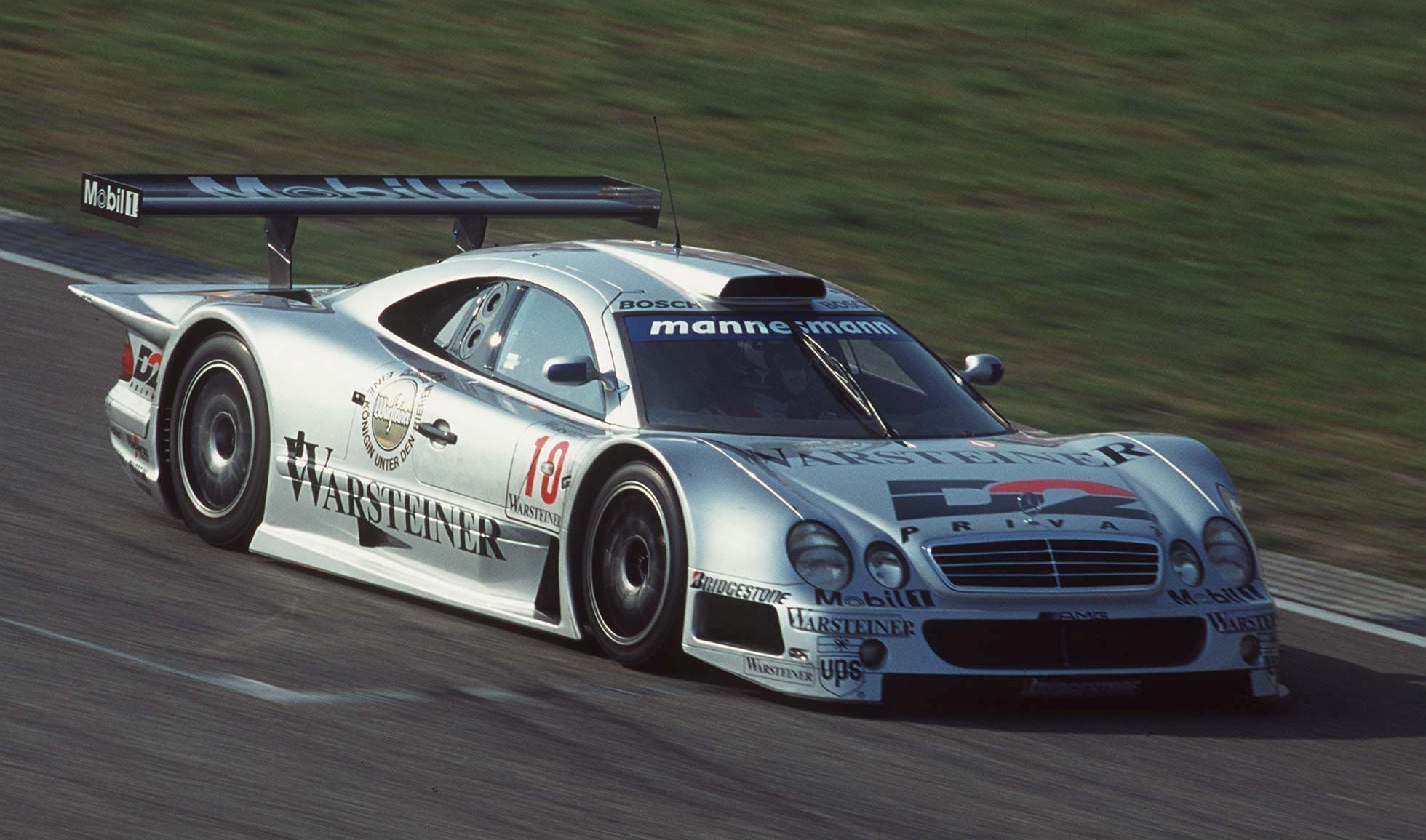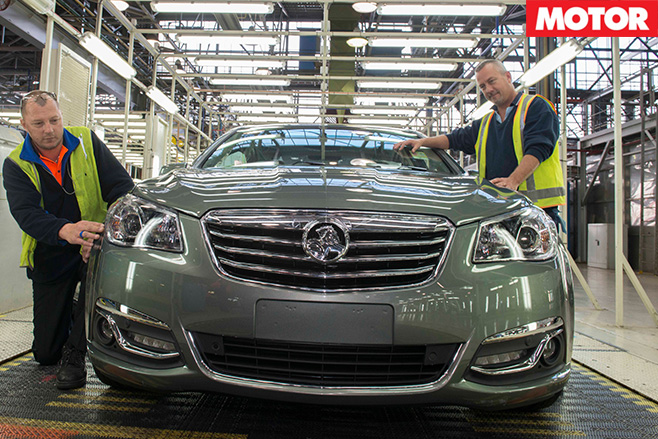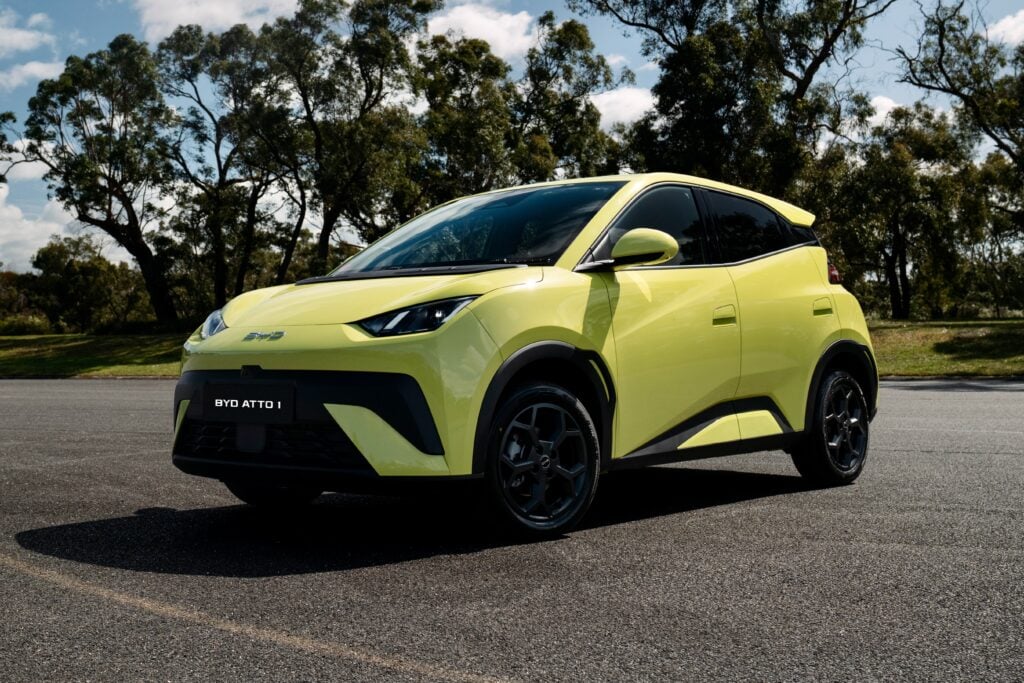I love homologation specials. Being utterly motorsport mad, having a road car that’s directly and significantly influenced by racing regulations is one of the coolest things I can imagine – short of road-registering the racing cars themselves.
Which makes it a little confusing when I confess to people that I think any motorsport series that legislates specially built road cars into the rulebook is setting itself up for failure.
Hearing that the FIA and ACO (who is responsible for the 24 Hours of Le Mans) were going to require manufacturers to build road-going versions of the top-flight LMH race cars made me cheer and cringe in equal measure.
While I knew it would produce at least one truly all-time great hypercar, I also realised it meant the replacement for LMP1 was destined to fall short of expectations.
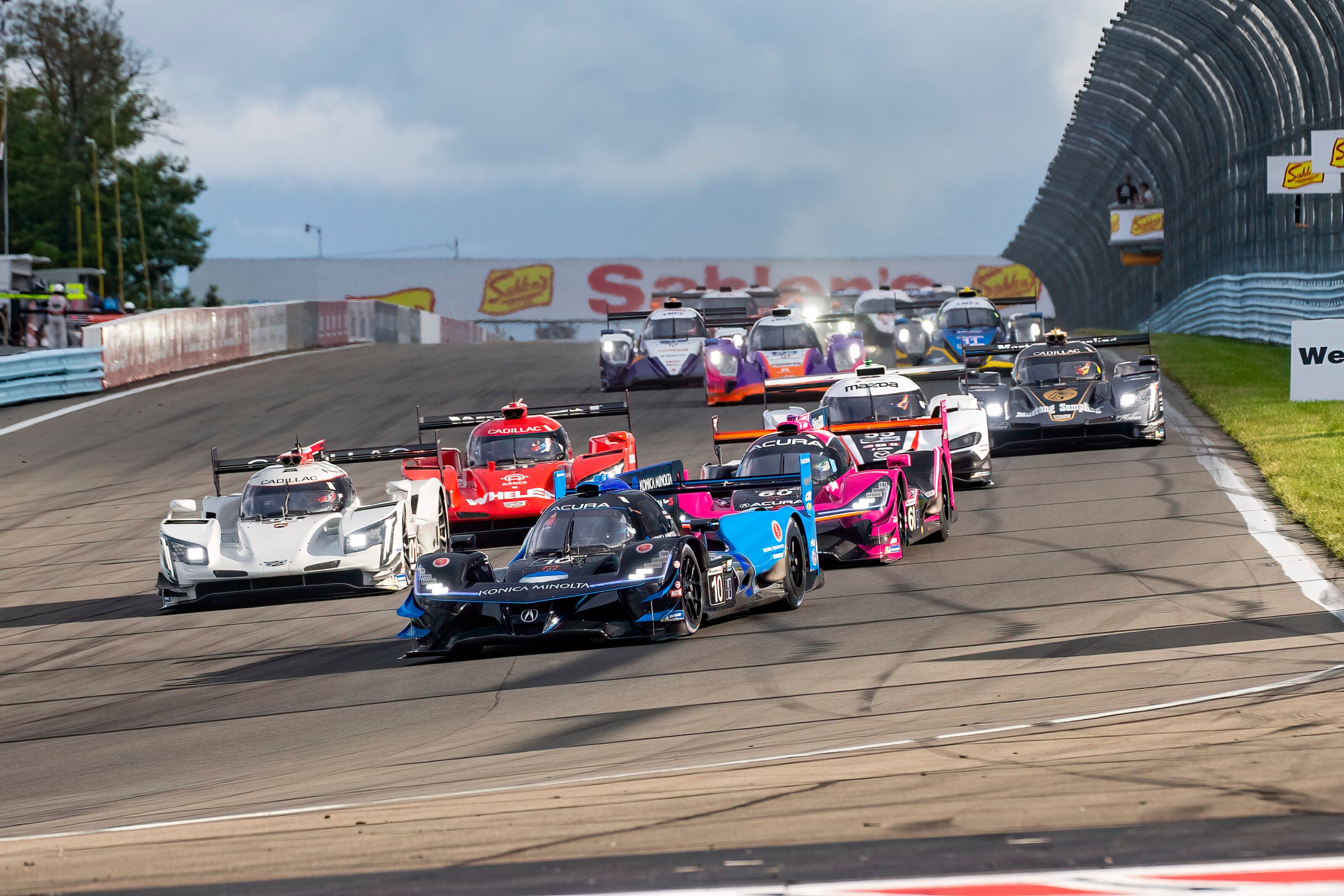
It’s really of no great surprise to learn that this portion of the ruleset was quietly dropped. So there is no longer any impetus for manufacturers to build limited-run models with inverted profit margins if they want to join the Hypercar party.
Even though the rule never made it past the initial draft, just the thought of having to funnel money into a loss-making road car program scared manufacturers away from LMH. And standing there, arms open, ready to accept them was the American-run IMSA and its affordable, homologation-free, LMDh rules.
In the time between the LMH concept being announced, and the final rules being confirmed, IMSA was able to convince Audi, Porsche and BMW to sign up to its cheaper alternative. This then wedged the FIA and ACO into hamstringing LMH cars to allow the two types of car to race evenly against each other at the 24 Hours of Le Mans. It was a masterclass in political chess.

It’s also an insight into how manufacturer money flows through contradictory tides. IMSA didn’t build its LMDh rulebook to attract the biggest manufacturers in global motorsport. That was just a happy accident. The initial priority for LMDh was to ensure that IMSA’s premier category remained affordable for those currently involved, not to attract new faces.
Car companies could join the party if they wanted, but the Americans weren’t going to bend the knee in a way that left those without manufacturer backing short-changed. Unlike the FIA/ACO generated Hypercar regulations, LMDh will utilise a control chassis and hybrid systems, with manufacturers that want to play only having to turn up with their own ICE and penmanship for the exterior styling. Not exactly a deep pool for genetic development.
It’s a tactic straight out of high-school dating; by shunning car company interests, IMSA inadvertently found itself stealing manufacturers from other categories.
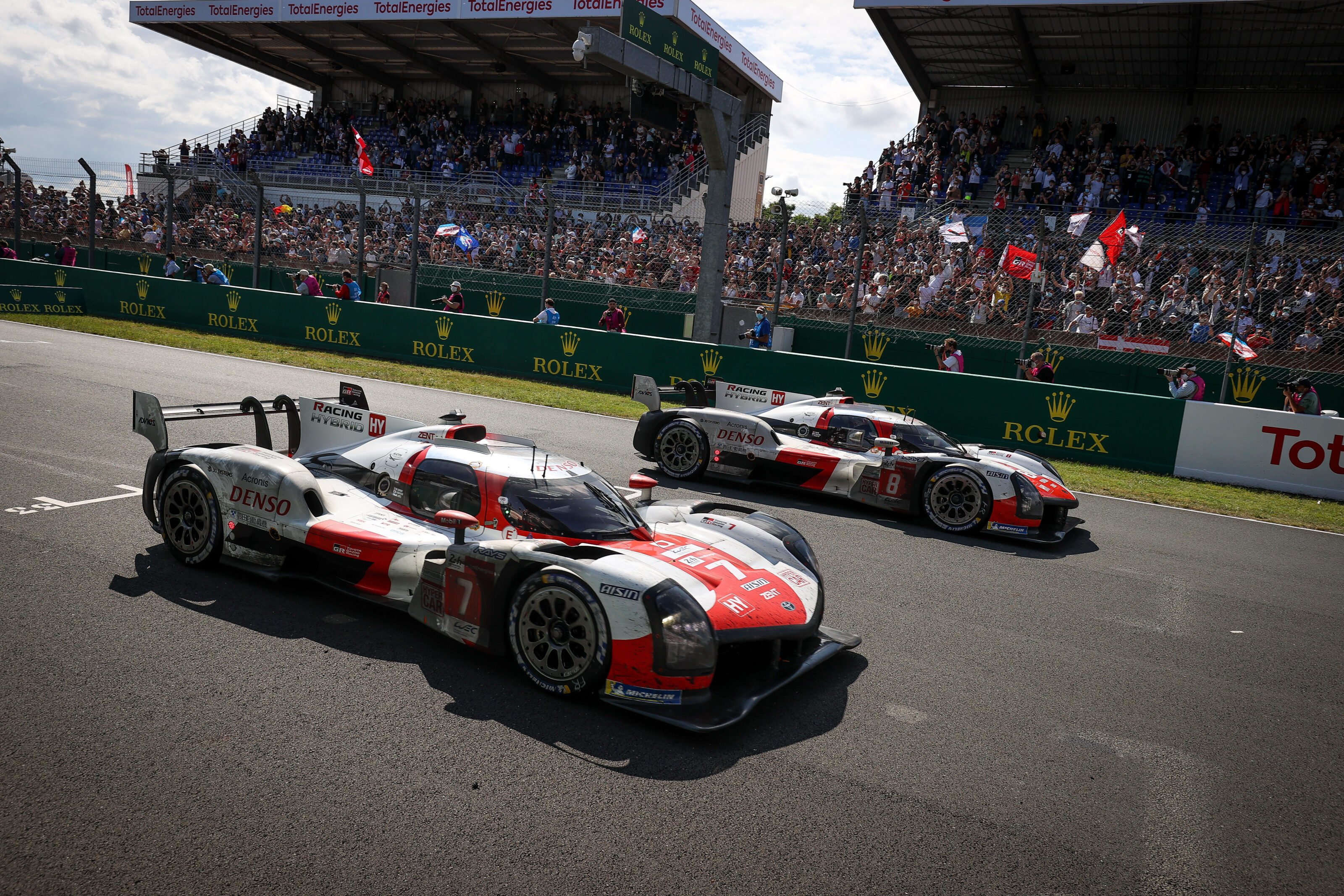
Formula E is feeling the brunt of this. On the precipice of its third-generation ruleset, its most well-heeled teams are packing up their bags and walking away – most to join IMSA. Formula E at its peak boasted the involvement of nine vehicle manufacturers of varying sizes. Three of those have announced their departure, with more expected to follow suit. What was once the golden child of manufacturer-supported motorsport is in troubled waters.
In a cruel twist of fate for Formula E, the same tactics that made it affordable and attractive in the first place – namely the near total ban on technological arms races – is what has prompted several teams to start packing their bags.
BMW said the quiet part out loud when its au revoir press release stated: “When it comes to the development of e-drivetrains, BMW Group has essentially exhausted the opportunities for this form of technology transfer in the competitive environment of Formula E.” The cynical might note that this hasn’t stopped BMW diving into another closely controlled championship in LMDh.
Which brings us to the heart of the issue. If a race series takes car manufacturers at their word, they will always be disappointed. Hitching your wagon to factory money is an easy trap to fall into, but one that has rarely ended well. But if categories simply focus on designing rules that make racing affordable and competitive, they might just find themselves happily surprised.



